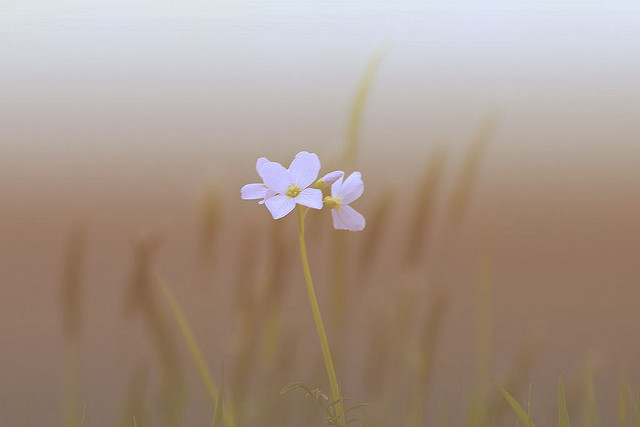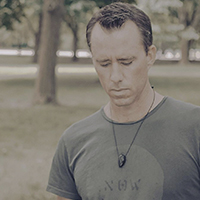Consider the possibility you are not who, or what, you think you are: your body, mind, thoughts, emotions, desires, beliefs, possessions, experiences, hopes, relationships, roles, titles, achievements, failures, bank account—or anything else you feel or think you are.
What are these things if not part of what makes you, you? Just objects your awareness has become identified with.
Nobody else is identified with the same things you are, or perceives the world in the same way as you, and that’s what makes you feel different. But if these things are not you, what are you, then? What is left after you subtract the objects of identification?
The awareness that is aware that it is aware—let’s call it the ever-present eternal witness.
Fact: a subject cannot be an object simultaneously. Therefore, anything you (subject) can become aware of (object) is not what you are, but rather something you are aware of.
Can you “watch” yourself objectively, from a distance, as if you are watching someone else—like a character in a dream? That faculty of objective awareness is what you are. It does not experience time, nor is not subject to impermanence or suffering. Children, long before the “I am me!” experience of ego-formation suffocates the light of their innocence, know the unblemished bliss of this eternal Self as their fundamental reality. Do you remember?
This is the ground of being, the reality of all that is. It is manifest not just in humans, but in all life forms, regardless of their expressions. We see it in the eyes of babies and animals, hear it in the song of the bird, feel it emanate through the stillness of the deep forest, sense it in the sand between our toes.
Call it God, nature, whatever.
Of course, ego-identity has it’s useful utilities, but perhaps modern man takes a few too many liberties.
As ego-identified beings we are privy to occasional transcendent experiences of remembrance— spurred by spontaneous interactions with nature or the steady discipline of meditation—but they’re fleeting. Due to our capacity for self-reflexive thought, we forget these insights and with them the understanding of who and what we really are. We invest instead in deluding ourselves into “thinking” our consciousness is not only separate from nature, but superior, and that our self-appointed throne need be propped, polished and defended.
I believe it is this ego that has led us astray from our place of innocence, purity, and place in nature. How or why our psyche has evolved as such is no matter; when we lose touch with our inner nature, we begin to disregard outer nature. When, due to insecurity or fear or indoctrination, we get hung up on magnifying what we want to believe makes us better than others, including other species, we begin to lose sight of the evolutionary path that brought us here.
The “advances” of the industrial revolution have not only quickened the pace of our lives, but led us away from who we really are.
And now, like a mutated cancer cell, we are destroying our host.
In a childlike state of wonder, our unity with nature is unmistaken and unquestionable. The goal of Self-Knowledge is to simply remember who we are as the essential Self, as part and parcel of all that is, inseperable from nature and equal to all sentient beings…not above or below. We are no better than the bacteria in our gut that keeps us alive.
I believe deep communion with nature exponentially accelerates this intentional outcome to remember. Go be with her, and remember.
After all, unlike the human ego, nature never judges, criticizes or places blame.
It just is.
Author: Jeff Beaudoin
Editor: Renée Picard
Image: mindfulness at Flickr











Read 2 comments and reply